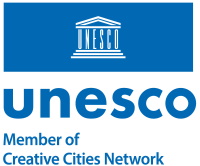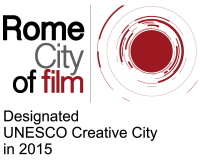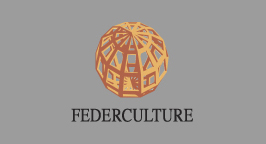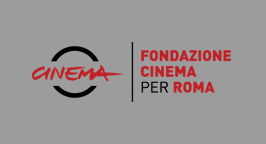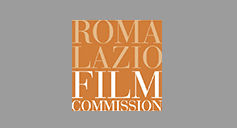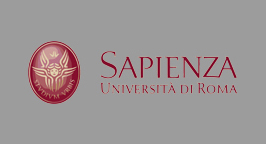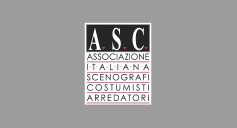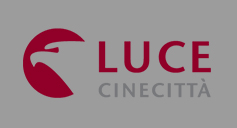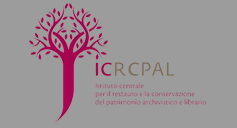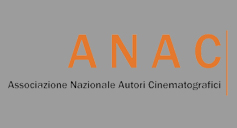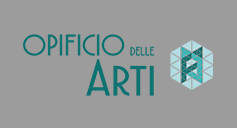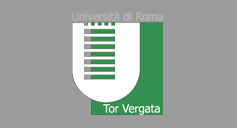
AAMOD
The cultural foundation Archivio Audiovisivo del Movimento Operaio e Democratico – AAMOD supports the candidacy of Rome City of Film.Founded on 1979, legitimated on 1985 and protected by MiBACT, it's enrolled in the Albo degli Istituti Culturali d'interesse della Regione Lazio. Its activities are promoted by significant film and culture personalities, like Giannarelli, Lizzani, Mangini, Maselli, Napolitano, Perelli, Pontecorvo, Sani, Scola, Taviani, Vicari, Zavattini. It has a huge film and audiovisual heritage, whose nucleus was composed by the Italian Comunist Party's film collection, that included documentaries, fiction-films and audiovisual documents centerd on historic and social subjects. The most important Italian filmkers' documentaries (and not only those) are collected by the audiovisual Archive: together with the films, there are the documents that describe their production processes. It also includes film collections that have been deposited by the main unions and directors. Non-profit organisation, it works in the audiovisual and multimedia fields, to foster the knowledge and awareness of contemporary history; to build and pass on a memory of human, civil, democratic, workers, women and collectives rights; to spread the values of liberty, equality, solidarity and peace. Its institutional purposes are researching, collecting, producing, preserving, archiving, promoting film and audiovisual documents, both analogic and digital, audio, graphic, fotographic, finished and un-finished, on any kind of suppport, both documetary and fictional. It edits specialised publications, it organises conventons, exhibitions, it takes part in projects involving the territory and in national, European, international projects regarding its areas of interest. It promotes the realisation of educational and updating courses on copyright and film royalties, for filmakers, documentary filmakes and film professionals. It develops several educational initiatives, it divulges media literacy and film culture in order to teach film language and the use of film sources when explaining 20th century history. It promotes the diffusion of films, especially documentaries, by organising expositions and meetings; finalizing national and international projects; taking part and collaborating with festivals.
